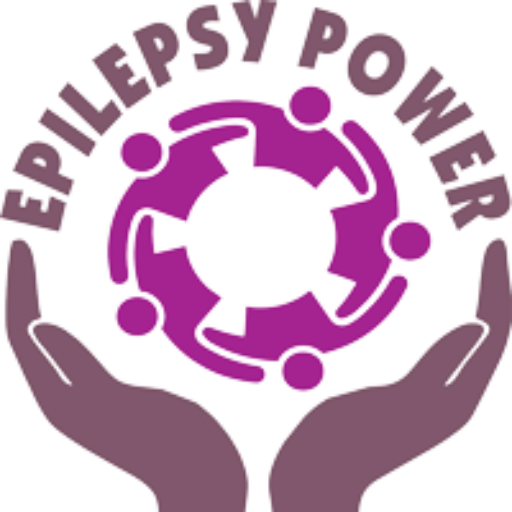For many young people leaving school, but also for employees undergoing a period of professional reorientation, fundamental questions arise when it comes to choosing a career. What can I do? What do I want? What interests or motivates me? For people with chronic medical conditions, such as epilepsy, this doesn’t have to be any different. And it shouldn’t be: first of all, listen to yourself. What interests you? What are your strengths? And above all: what do you want to do?
Even though this is a guide for people with epilepsy and therefore focuses on the particular challenges, which arise from this medical condition, it is fundamentally important to start with one’s own wishes and not with the limits associated with epilepsy. Even though being affected by epilepsy can of course have an impact on working life that cannot be ignored, a large proportion of the problems experienced by people with epilepsy are due to stigmatisation and employers’ lack of awareness. Many problems therefore arise in the mind, and people with epilepsy should not fall into this trap themselves. People with epilepsy certainly experience being underestimated by others in their abilities and suitability. It’s easier said than done: but don’t let society’s prejudices determine your self-perception. Society will set boundaries for you soon enough, and you will have to fight against them. Don’t allow yourself to limit yourself before you even get to that stage. Your first question in professional orientation should therefore always start with yourself, with your abilities, desires and interests. Of course, a realistic professional orientation also includes an honest assessment of the risks and limitations associated with your personal medical condition, but this is still only the second step. First, your goals and wishes should become clear to yourself.
Task: Become aware of your desires, abilities and interests!
Especially if you are older and professionally experienced, it may seem rather silly to ask yourself such basic questions (again). But it is helpful to write things down, to prepare them graphically, to visualize them. Speaking and writing organizes thoughts and gives them meaning. If you already have professional experience, you can answer the following questions more specifically.
What do I expect from my career? |
First of all, it is helpful to be clear about the role a job plays in your own life and what you expect from a job. This clarifies questions such as whether your primary concern is to earn a reliable income in order to provide yourself/ you and your family with a certain standard of living, or whether you primarily want to achieve self-fulfilment in your professional life? How important are intellectual or physical challenges to you? Do you need dependable working hours or do you enjoy being on the road? |
Please briefly provide your answers:
|
What are my outstanding attributes? What are my strengths and weaknesses? |
Here, it makes sense to start with the general and work your way forward to the specific. Especially if you are just about to graduate from school, you may not be able to name specific hard skills here. General suggestions could be: Can you interact well with different kinds of people? Do you prefer to work alone and focused on one thing or do you prefer to work in a highly communicative way and with quickly changing tasks? |
Please briefly provide your answers:
|
What am I interested in? What job can I imagine myself doing? |
Now it is getting concrete: What jobs do you think are derived from the expectations and skills mentioned earlier? If you are interested in a profession, this does not necessarily mean that you know exactly what to expect. Follow your own curiosity, do some research and find out whether your interest is going to fade or consolidate. |
Please briefly provide your answers:
|
Only when you have defined your own career goals and wishes should you consider the risks and limitations that arise from your epilepsy.. Even if you initially think certain occupations must be excluded for people with epilepsy, there are often related fields with similar activities. So, we conclude the first section with this take away key point: Do not limit yourself when expressing your wishes and abilities. Take yourself seriously when asking: What do you want?
